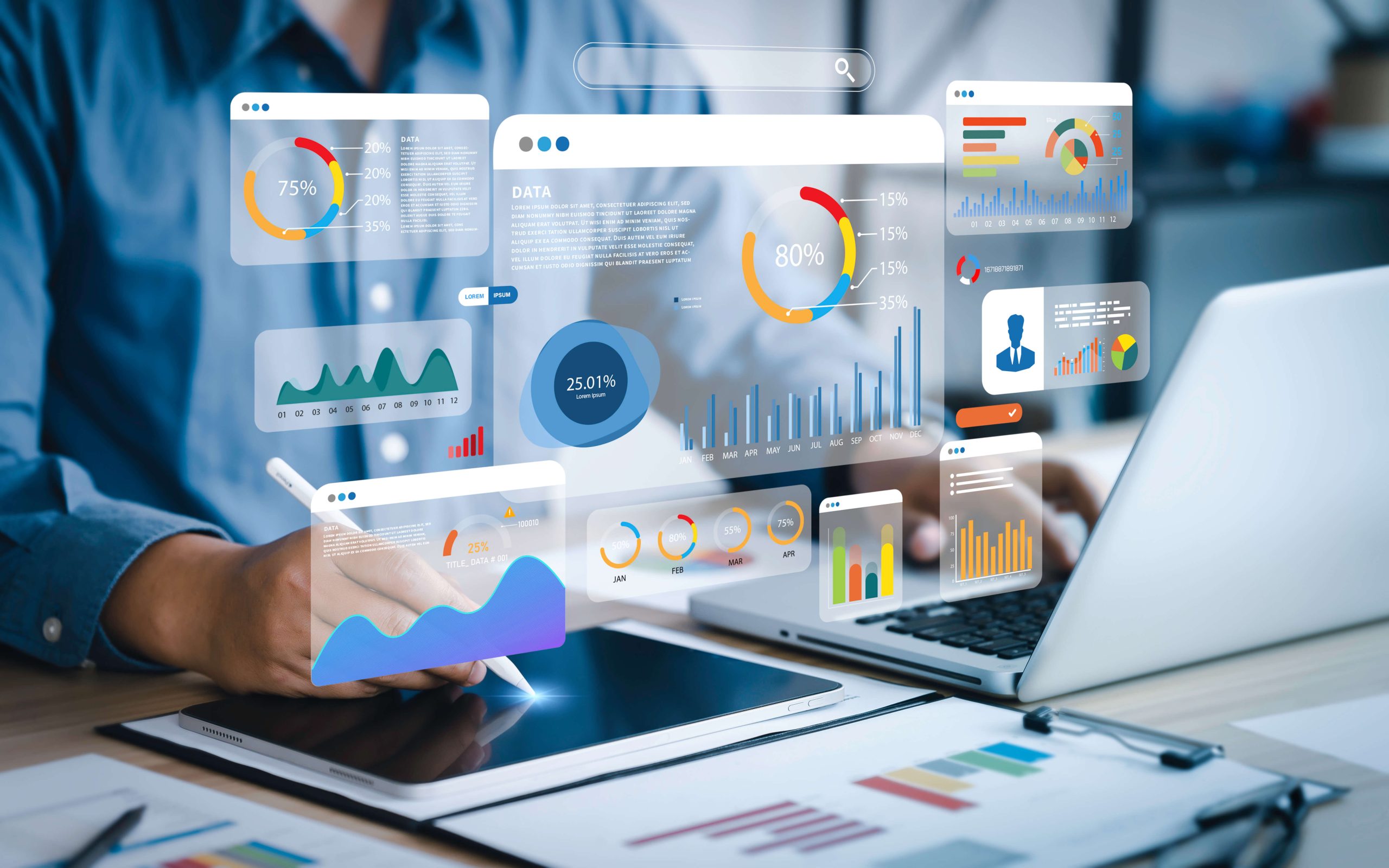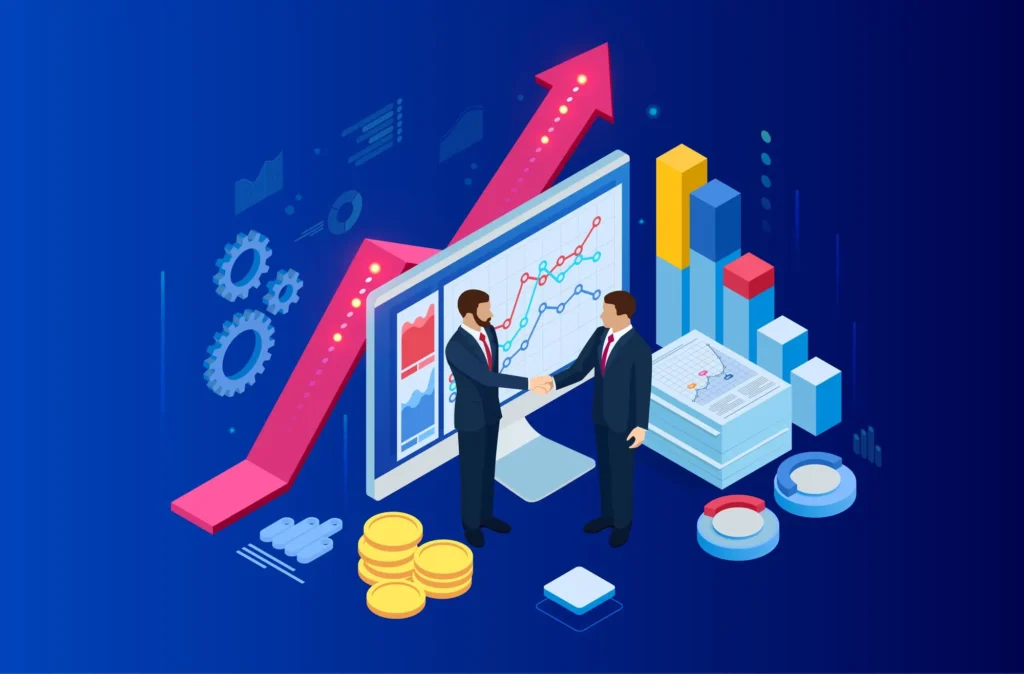
Reputation management software today plays a prominent role in the overall corporate reputation management strategies and thus enables businesses to steer customers’ perceptions for the purpose of building a good corporate image.
It allows automatic monitoring, summarizing, and improvement of the company’s reputation on different digital channels. These software systems exploit the most recent algorithms for monitoring mentions, reviews, and sentiment analysis, and dependable market trends and customers’ opinions.
Below we discuss everything you need to know about a reputation management software.
Sentiment Analysis
Deep sentiment analysis tools embedded within the reputation management software provide a way to gauge the way something is said and the resulting context that is given to an online mention. Through the use of language analysis and the application of keywords, the software recognizes whether sentiments are positive or negative.
This information helps enterprises that want to gauge public spotlight, discover their bottlenecks and benchmark them by unveiling the trending matters and their gaps. Thus, sentiment analysis acts as the means through which timely or dire concerns can be addressed more promptly.
Review Management
These review platforms make it increasingly important for businesses to develop and maintain a good reputation. So Reputation management software facilitates the management of online reviews that are from sources such as Google, Facebook, Yelp, and TripAdvisor. Contrary to the multiple data sources such as social media platforms, reviews websites and individual orders, the dashboard unifies information, saving time on data collection.
Furthermore, these media also insist to have replies for reviews which enables owners to interact with customers, get feedback on, spot problems and show meeting customer satisfaction attitude. Along with turning the skepticism of customers into trust, review management is also instrumental in the brand perception and formation of positive relations with the customer base.
Competitor Analysis
Other than just their own businesses, firms can go for competitor analysis to enhance their reputation management using the software. This make it possible to analyze the market, track competition online and watch the sentiment and the customer’s reviews.
Businesses can compare and contrast themselves with peers on areas where it is doing well and areas where it can do better, know how the market behaves and properly align strategies in order to stay relevant to their target market.
Crisis Management
Reputation management software will be central to crisis response as it brings to the forefront the early alert system and the response procedures. Tracking and analyzing data on an ongoing basis, the enterprises can detect any new problem as it is becoming apparent and apply the necessary measures to alleviate its consequences.
Such software systems commonly have crisis communication characteristics like pre-made message templates and escalation workflows, which are intended to make a coordinated and appropriately functioning response in periods of crisis only possible. Proactive organizations will be in that position to avoid unwanted reputational damage and remain loyal to all the stakeholders when the time comes to react properly.
Conclusion
Reputation management software is deemed to be an irreplaceable means for firms that want to employ proactive measures in relation reputation management, effectively connect with customers, and have image that is worth admiring.
These comprehensive platforms are rich in features such as real-time monitoring and sentiment analysis for effective reputation management.











:max_bytes(150000):strip_icc()/Term-Definitions_Digital-Marketing-5ae6ea1aee934b02a94a1a4d9401443d.jpg)

